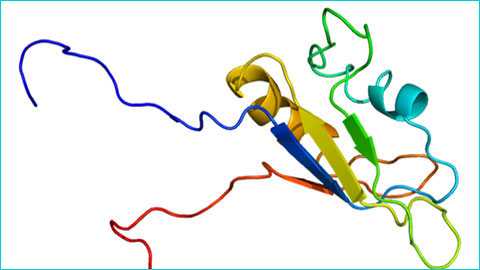U6-S14. Quantitative studies of biomolecular interactions by calorimetric measurements (On-site) OUTSTANDING
Quantitative studies of biomolecular interactions by calorimetric measurements
Isothermal Titration Calorimetry (ITC) is a thermodynamic technique that directly measures the heat released or absorbed during a biomolecular binding event (protein-small molecule, protein-protein, target-drug, enzyme-inhibitor, antibody-antigen, protein-DNA, protein-lipid, small molecule-small molecule). Measurement of this heat allows accurate determination of binding constants (KB), reaction stoichiometry (n), enthalpy (ΔH) and entropy (ΔS), thereby providing a complete thermodynamic profile of the molecular interaction in a single experiment. Because ITC goes beyond binding affinities and can elucidate the mechanism of the molecular interaction, it has become the method of choice for characterizing biomolecular interactions.
The equipment used for this purpose is VP-ITC (GE HealthCare-Microcal).
Customer benefits
Applications range goes from drug design to fundamental research, such as understanding and regulating signal transduction pathways. These systems provide direct marker-free and in-solution measurement of binding affinity and thermodynamic parameters in a single experiment. They have high sensitivity, low sample consumption and automation options to minimise handling time.
Target customer
- Biochemical and Pharmaceutical companies.
- Biology and biochemistry research groups.
Additional information
M.Köber, et al., Journal of Colloid and Interface Science 631 (2023) 202–211. DOI: 10.1016/j.jcis.2022.10.104









